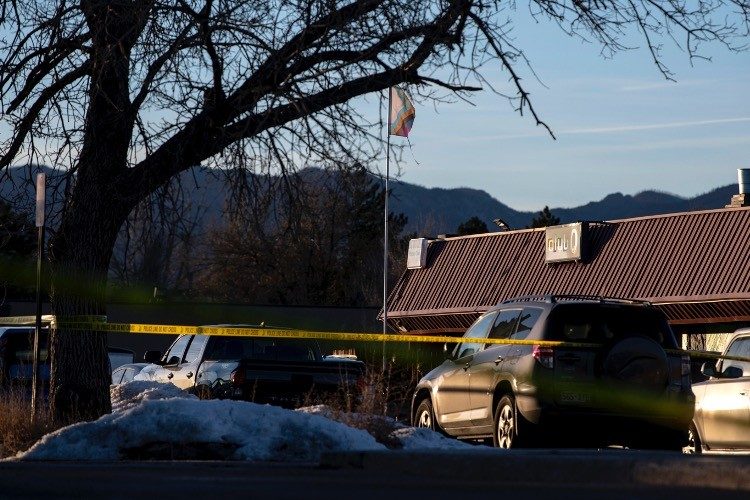
Just hours after the horrific mass shooting at Club Q — a gay and lesbian nightclub in Colorado Springs — Eric Mack, a journalist with Newsmax, did the automatic thing: he reached out to the Gun Violence Archive (GVA) for some data. Without analyzing the actual data Mack appeared to be content with simply adding up all their “Mass Shootings in 2022” and wrote this:
After a week of a pair of mass shootings — an LGBTQ club in Colorado and the University of Virginia — the U.S. total has gone over 600 for the year at a record-setting pace, according to Gun Violence Archive data.
Mack added, “A mass shooting is defined as one where four or more people are injured or killed by firearms, which does not include the shooter being stopped.”
It was easy then for him to conclude that “mass shootings” are on the upswing: “Nearly 700 mass shootings occurred in 2021, up from 610 in 2020 and just 417 in 2019.”
Except that in 2019 there were only 30 mass shootings, according to the FBI. And in 2020, instead of 610 such incidents, the FBI reported only 20, a 50-percent decline over 2019!
AWR Hawkins, the Second Amendment writer for Breitbart, explained why: “The GVR standard [when counting mass shootings] is a much lower threshold for qualifying incidents as ‘mass shootings’ than has traditionally been used. In fact, it allows incidents in which there were no fatalities to be counted.… It also allows gang incidents, drive-by shootings, and other common street crimes to be counted as ‘mass shootings.’”
Investigative journalist Lee Williams, writing for Armed American News, was much more explicit:
According to their new report titled: “Active Shooter Incidents in the United States in 2020,” the FBI defines active shootings as:
Shootings in public places
Shootings occurring at more than one location
Shootings where the shooter’s actions were not the result of another criminal act
Shootings resulting in a mass killing
Shootings indicating apparent spontaneity by the shooter
Shootings where the shooter appeared to methodically search for potential victims
Shootings that appeared focused on injury to people, not buildings or objects
Shootings were excluded from the FBI’s list if they were the result of:
Self-defense
Gang violence
Drug violence
Contained residential or domestic disputes
Controlled barricade/hostage situations
Crossfire as a byproduct of another ongoing criminal act
An action that appeared not to have put other people in peril
Williams noted, “By comparison, the Gun Violence Archive excludes nothing, even if the shooting is gang or drug related — the two main causes of most violence in the country today.”
Why do mainstream journalists turn so readily to GVA for data on mass shootings? Wrote Wiliams, “Anytime four or more people are killed or even slightly wounded with a firearm, it’s labeled a mass shooting, and politicians, gun control advocates and the mainstream media treat their reports as if they’re gospel.”
GVA includes everything, and lets those writers seeking to promote their anti-gun, anti-Second Amendment agenda decide for themselves how they will use the data. The GVA website records police shooting injuries and deaths, mass shootings, individual gun related incidents, suicides, injuries, teen, child, and adult related injuries and deaths.
Another writer who fell into the GVA data trap is Mother Jones Editor Mark Follman. In 2015 he used their data to claim that there were 355 “mass shootings” that year, but then discovered the mistake, and corrected it:
At Mother Jones, where I work as an editor, we have compiled an in-depth open-source database covering more than three decades of public mass shootings. By our measure, there have been four “mass shootings” this year, including the one in San Bernardino, and [just] 73 such attacks since 1982.
We are persuaded that Newsmax writer Eric Mack made an honest mistake. We are not persuaded that mainstream media writers are as innocent of misusing GVA data.



